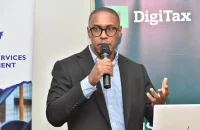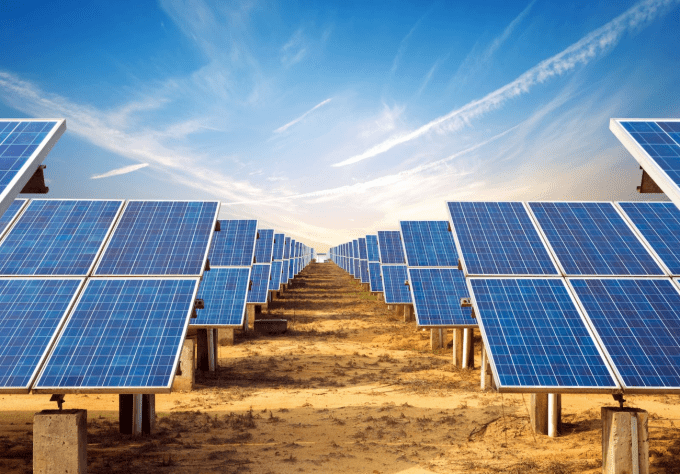The rising cost of energy has become a serious concern for large energy users such as the data centre industry. Many face an uncertain future, unsure whether prices will continue to rise or if to pass the cost on to their customers. This lack of certainty has left some unable to plan or unwilling to invest in their infrastructure.
All of this has highlighted an urgent need for greater efficiency, requiring data centres to minimise the amount of energy they use, and serving as an important reason to accelerate the transition to renewable energy sources and offer grid support.
Investing in renewables
Kenya has made advancements towards renewable energy utilization, leveraging largely on solar and wind resources. Today, the country generates over 80% of its electricity from renewables. With vast renewable resources and a commitment from the Government, an energy transition is undoubtedly underway. Calls for energy efficiency have increasingly become common in the country.
To this end, organisations are beginning to adopt new architectures such as energy storage and on-site generation of primary power to reduce dependency and enable greater resiliency. This may reduce pressure and demand on the grid and help mitigate against fluctuations in the currently volatile energy market
In the tech sector, inspired by the big cloud providers, a growing number of organisations are exploring the active market for Power Purchase Agreements (PPAs), allowing them to procure green energy at the same time as being directly involved in investing in next-generation renewable technology.
Giving back to the grid
A critical component in the data centre is the uninterruptible power supply (UPS). This extensive back-up power system ensures power quality and protects the data centre against unforeseen grid outages.
That same energy store can now be used to provide auxiliary energy services back to the grid when required, without impacting the data centre’s performance or integrity. The Eaton EnergyAware UPS is one such system and has already been deployed in several data centres for a class of service called Fast Frequency Response (FFR).
With data centres implementing such services, it will allow the grid operator to onboard ever-increasing levels of renewable energy and help to accelerate the transition. This coupled with the energy crisis may also foster a more collaborative relationship between the producers, grid operators and large energy users.
As a large energy user, the data centre industry is very much affected by the cost-of-energy crisis. Addressing its impact – on data centre owners and their customers – requires a greater focus on both the transition to renewables, and how existing infrastructure can be utilised to improve efficiency and resiliency, and to help stabilise the grid.
…………………………………
Parag Mendiratta is Regional Manager Eastern Africa, Eaton Electric Ltd
Next >> Going Digital Can Help Rebuild Kenyan Businesses













Leave a comment